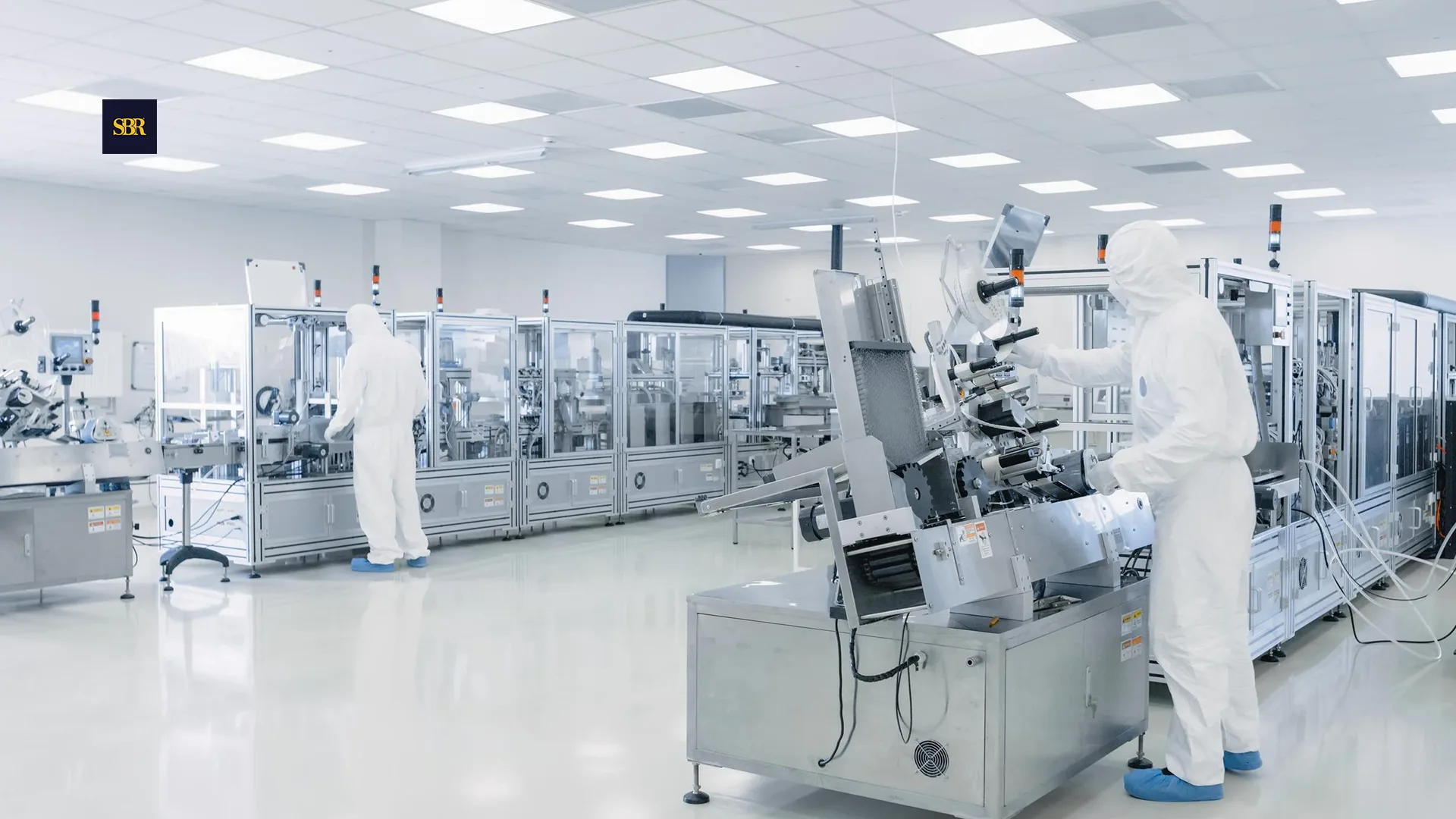SAN DIEGO / ABUJA, Sept. 12, 2025 — The use of artificial limbs has for long seen sculptors give hyperrealistic prosthetics a new face. More recently, offering respite to amputees who use prosthetic limbs, scientists in South Korea designed a robotic prosthetic hand that offers precision fingertip control.
Technological advancements in bionic technology is enhancing human capability and gives a new meaning to the definition of human feeling.
Amputee Coalition puts the number of people in the US who are missing a limb at 2.1 million.
The global scenario of amputation is also quite grim, with data suggesting that over 1 million limbs are amputated each year, one every 30 seconds.
The San Diego California-based robotics expert PSYONIC is working hard to apply advanced technology to give individuals missing limbs more independence.
The uniquely developed highly-advanced prosthetic innovation from PSYONIC is the “Ability Hand”, that can be used both by humans as well as robots.
Integration of sensors in the robotic hand helps to detect pressure when the user grips an object. Soon after pressure detection, the prosthetic sends a vibration to the user’s arm to communicate the sensation. This allows users to feel what they are doing so they can work with even the most delicate objects.
Know More on How Bionic Tech Enhances Human Touch
Leveraging Human Ingenuity: Empowering persons with physical abilities to give them more mobility and independence has been a task cut out for the field of prosthetics.
PSYONIC has achieved a breakthrough, bringing a paradigm shift to bionic technology. Psyonic Ability Hand has hit the prosthetic market offering a hope that not just its functionality but also the sensation of touch, merging technology and biology will be redefined in unprecedented ways. This advancement is more than just a prosthetic as it personifies human creativity and the constant striving to improve lives.
Nuances of Ability Hand: In a departure from the typical prosthetic, Psyonic Ability Hand represents a breakthrough in bionic technology, offering multi-touch sensory feedback.
The novelty of this feature lies in the way how it replicates the natural sensation of touch, offering users a genuine feel of the objects they hold. With 32 grip patterns, this hand is designed to cater to a wide range of daily tasks, from the delicate act of picking up a small object to the precise function of typing. Most importantly, the most coveted achievement of the hand is a rapid closing speed of just 200 milliseconds, enabling users to perform tasks swiftly and securely. This speed is not only faster than a blink but also twice as quick as other bionic hands currently available.
New-age Technology Integrated: The adaptability of Psyonic Ability Hand is of an altogether different level as it incorporates Bluetooth technology, giving users the option to adjust settings remotely through a dedicated app compatible with both iPhone and Android devices. This connectivity provides users the liberty to personalize their experience, enhancing both comfort and functionality. The technological boost highlights the hand’s ability to integrate seamlessly into the user’s daily life, making it a vital tool for independence and efficiency.
Development of Bionic Arm Beyond US
Africa has been a hub for development of artificial limbs for decades and witnessed the deep involvement of both producers as well as voluntary organizations for the initiative to mobilize amputees. In a country that has focused on recycling of artificial limbs, the latest development has come in the form of Immortal Cosmetic Art, a Nigerian prosthetics firm that hopes to meet demands of Africa’s amputees with its Ubokobong Bionic Arm. The company has designed a humanoid bionic arm that works with electromyography signals sent from the brain to different hand muscles when an amputee loses his hands.
The official launch production of Ubokobong Bionic Arm rests its hope on the support from either the government or NGOs, whose financial support will make the prosthetics affordable for ordinary people in Nigeria. Till date, the company also has orders from the United States, Britain, Australia and Ghana from people attracted to the humanoid bionic arm.
“Bionics are readily available in other parts of the world, but what we have here are hyper-real bionic forms, which means they look human-like and yet functional,” said John Amanam Sunday, a hyper-realistic prosthetic artist and Immortal Cosmetic Art's CEO told Reuters.
“They are not just static, but they are functional and human-like. So, this is a step further from what we already have obtainable in the market. And the most beautiful part of it is that it is black skin coloured.”
Ability Hand comes with a rapid closing speed of just 200 milliseconds, enabling users to perform tasks swiftly and securely. This speed is not only faster than a blink but also twice as quick as other bionic hands.
Inputs from Saqib Malik
Editing by David Ryder
















